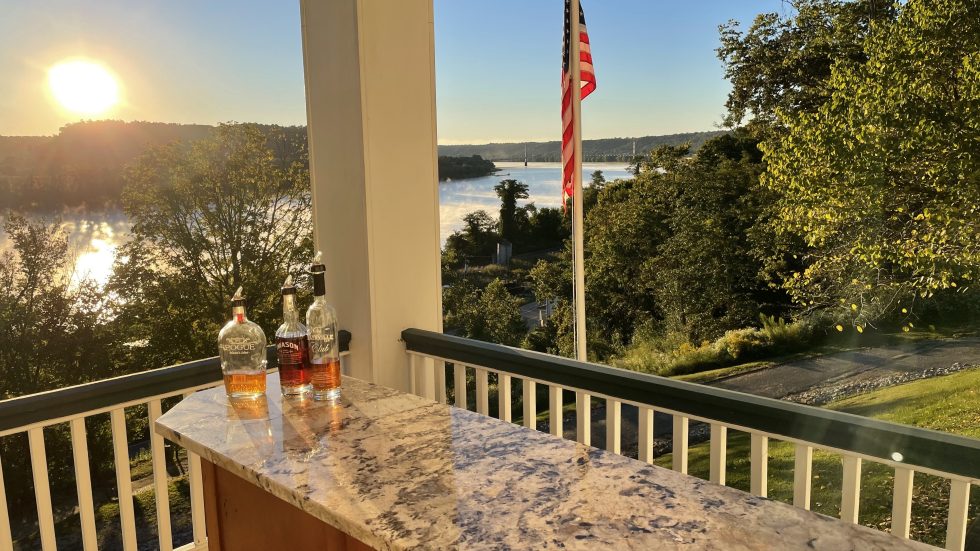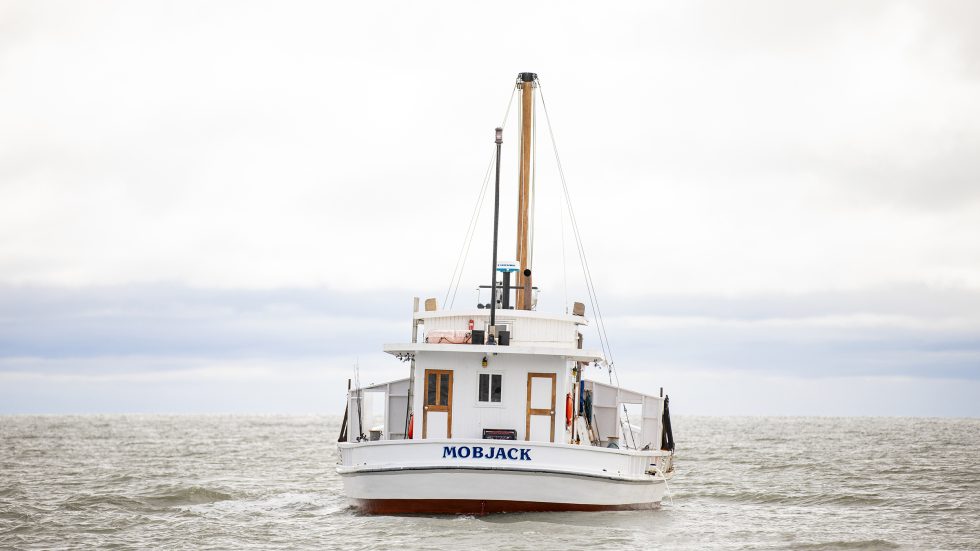You may have savvy skipper skills that enable you to chart a course from almost anywhere and make a tricky docking situation look like kid’s play, but do you know how to navigate a boat show? If you’re in the market for a new model this year, boat shows present an excellent opportunity to narrow your search, comparison shop, create connections with dealers and manufacturers, and even negotiate a great price. However, working the displays efficiently requires a good plan. Use these tips to make the most of your experience.
Know Before You Go. Pre-show homework is critical. Narrow down your prospects to a short priority list to make the most of your time at the show. Visit manufacturer Web sites, read reviews and collect technical information. None of this will spare you from due diligence later on, but initially it will help you ask pointed questions when you have a chance to talk to dealers. Focus on the features that are important to you and the way you intend to use the boat, and don’t be afraid to show you did your homework.
It helps to familiarize yourself with the prices of the boats you’re interested in, too. Many builders offer online tools to calculate costs. Finally, prior to the show, try to schedule an appointment with a dealer or builder for a private walkthrough, so you can get all of your questions answered.
Pick Your Day. Try to attend shows on a weekday to avoid the weekend crowds. You’re more likely to meet a company’s top dogs on a Thursday or Friday because they usually come in for the trade/media day and to oversee the setup.
Chart Your Course. Some shows are very big, and as such, can be overwhelming. For that reason, make your first mission a look at the show program and map. Determine the location of the boats and builders you want to see and organize your route so you can hit all of the builders on your list in efficient time. Pay attention to the weather, too. If it’s looking good, see as many boats as you can. That way, if foul weather hits, you can duck in (or duck out) without feeling that you missed anything you wanted to see.
Know Your Source. The exhibitor who pays for the space at a show could be a manufacturer, a distributor, a dealer or any combination of these. If a manufacturer is renting the space, it will have factory representatives working the booth, as well as salespeople representing the various dealers. Each of these dealers may have brought staff to work the booth. Recognize that some of the people who work these shows don’t know a lot about boats, so be sure to find the experts. Some boat show veterans also suggest you assess the caliber of people in the booth. If you’re shopping for a very expensive model, for instance, you don’t want to see too many inexperienced staff, as that doesn’t make for a great impression.
Research and Record. Take along a camera and notebook to record your observations. Grab brochures, too, but take your own pictures because the brochures often leave out images of the features you may consider important, such as key maintenance characteristics in the engine room. While you’re going through each boat, be sure to eye the details, which can tell you a lot about the boat’s overall quality. You don’t want to see sloppy wiring installations or piles of fiberglass dust in the storage compartments. You might also want to note the boat show price and the list price of the boat, so you can compare costs between boat shows and dealers. Later, you can incorporate all of this information into a chart and use it to rank your top choices.
Shop for a Dealer. As you shop for a boat, you can also shop for a dealer, since representatives will be at the show. The relationship you have with a dealer could be a long and rewarding one, so use the boat show to make connections with professionals you want to go the distance with. You may not know the specific model you want yet, but chances are you have expectations for service. The National Marine Manufacturers Association (NMMA) encourages consumers to buy from Marine Industry Certified Dealers. You can a list of those in your area at www.discoverboating.com.
Research Warranties. Investigate the warranty on every boat you are considering. Make note if a warranty is transferable, since this could be advantageous if you decide to sell the boat a few years down the line. Find out what the warranty covers (engine, hull, components, accessories, etc.) and ask about the service you’ll receive if a component fails. It can’t hurt to do some follow-up research here. For instance, ask the manufacturer or dealer for references; those boat owners can share with you the experiences they had with advertised warranties.
Talk Money. Don’t shy away from talking price with a dealer, even if you’re not quite ready to buy. If you have the conversation now, you’ll have a more accurate picture of what the boat will cost you, and even how much a dealer is willing to work with you on price. You’ll also notice that show specials are advertised at these major events. Often, they’re designed to encourage you to buy at the show. It’s worth asking the dealer if he would honor that price after the show.
About those boat show specials, conventional boat buying wisdom says the best deals can be found at boat shows, but that’s not always the case, according to some dealers. Certain dealerships will encourage buyers to visit them at the showroom following the show. The reason: Dealers pay big bucks to exhibit at shows, and to recoup those costs, they sometimes have to tack on dollars to the show price. One exception to this rule may be the last day of the show, when dealers may be more willing to cut prices and save themselves the effort and expense of transporting a boat back to the showroom. Or, the dealer may want to recoup some of its show costs on that final day.
Don’t Buy on Impulse. Unless you have thoroughly done your homework and are certain you are getting the best deal, it’s probably wise to refrain from making a purchase on your first day at a show. Give yourself some time to think about a possible purchase. There’s no correct amount of time it should take to shop for a boat. For some, one or two afternoons are all they need. It takes others several years. The right time for you to buy a boat is when you’re ready.



